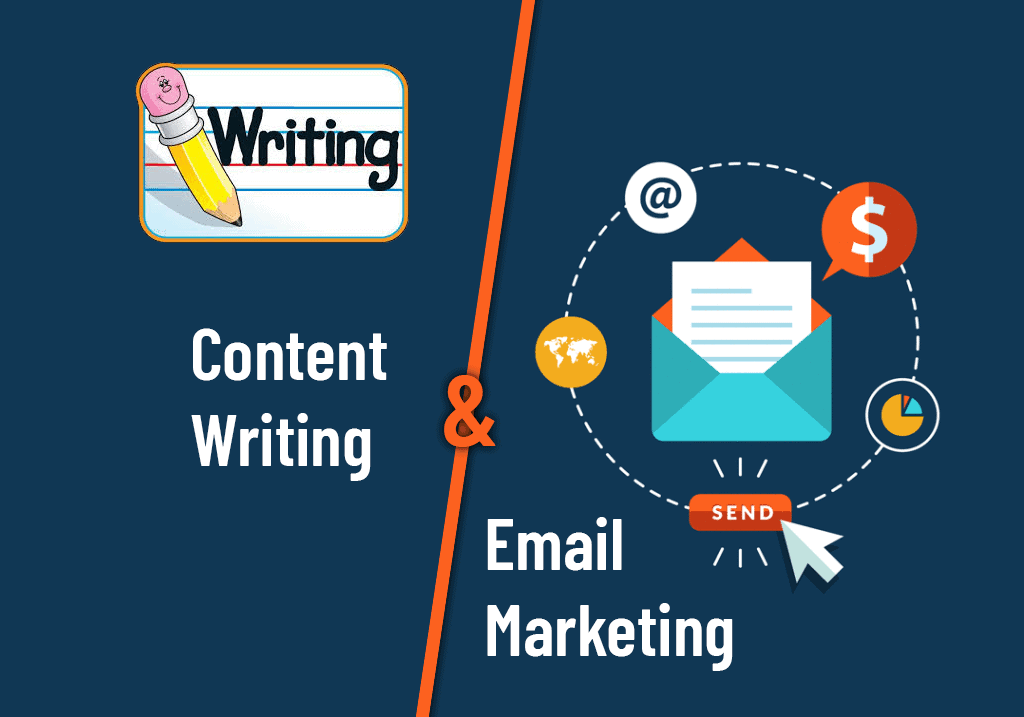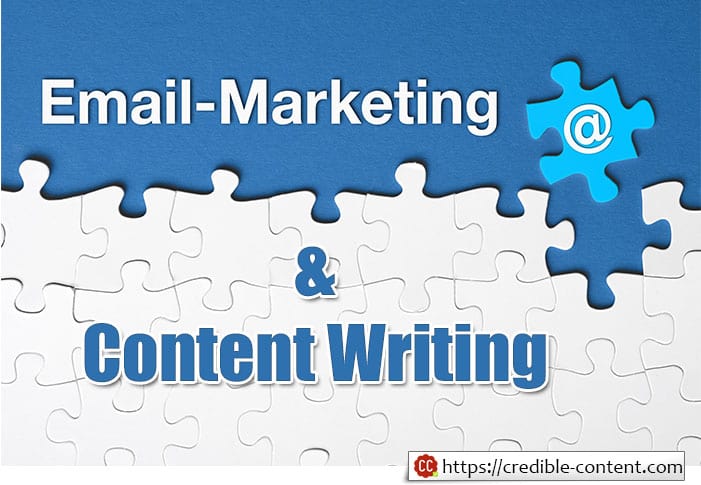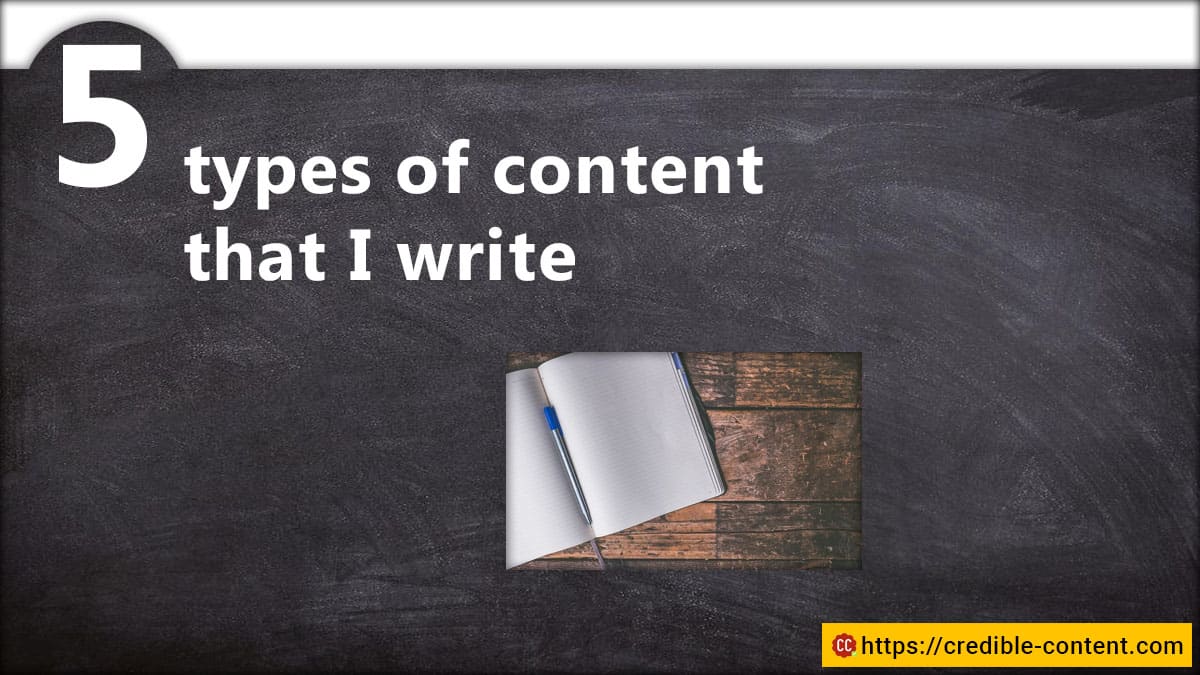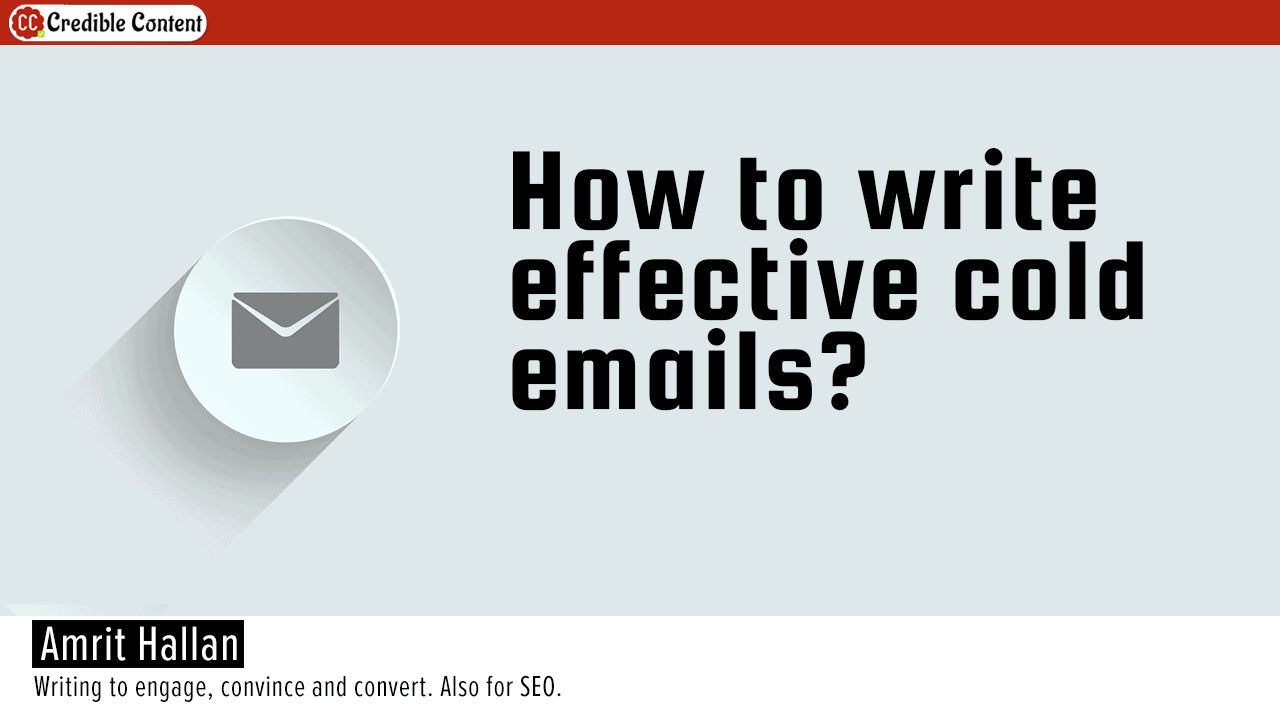
Content writing and effective email marketing
What is the relationship between quality content writing and effective email marketing?
You might as well ask what is the relationship between air and breathing?
Or, what is the relationship between speaking and words.
To understand the importance of content writing vis-à-vis email marketing, you need to understand your email strategy.
There is a good way of doing email marketing, and there is a bad way.
The bad way is, simply blasting an email message to “thousands of” email addresses and then hoping that since you have sent out a message to so many people, even if 1% of them respond, you have hit the jackpot.
Doesn’t work that way.
It’s a misconception.
Even if you send out a message to thousands of people, unless you send them something that really matters to them, they’re not going to respond.
Even 1% don’t respond.
It’s because people don’t really care about you.
The same way you don’t really care about them.
You just want them to spend money on you and then be done with that.
You don’t even want to spend much time, effort and money on creating a convincing email message for them.
If the message matters, if you want your communication to make an impact, you understand the importance of content writing.
Of course, you can fill up your email message with high-resolution images and for many businesses, words don’t matter, especially when your brand already enjoys a significant degree of recognition.
Amazon, for example. They can simply send out a catalogue with prices and small descriptions and people are going to buy if they want to buy.
On the other hand, as a small business, or even a big business that doesn’t enjoy brand recognition, you need to hit a chord with your words. You need to convince people. You need to tell them that you have something to offer that they cannot resist, something highly useful.
You may like to read: Importance of email marketing for content marketing success.
How quality content writing helps you in effective email marketing

Building your own mailing list for personal branding
Email marketing works. People know it works but somehow, they don’t believe that it actually works. Since they don’t take their email seriously, they think that so does everyone else.
This might have got something to do with email being mostly free.
But they often come across blog posts and articles, and these days even videos, where people are shouting from their rooftops telling the non-believers that email marketing definitely works. It has worked for them.
In The Ultimate List of Email Marketing Stats for 2019 the Hubspot blog post refers to a study that says that email marketing generates $38 for every $1 spent on it. This is 3800% ROI. Which marketing tool or marketing method gives you this much ROI?
The problem is, although people drool over such an ROI, they neither want to work hard for such an ROI, nor want to spend money.
They just fantasize about replicating the success stories of other email marketers and then, since it is so easy to send out “thousands of” email messages, they go on doing the same thing without much success and then in the process, getting disillusioned.
Quality content writing is what makes your email marketing effective. It is content writing that earns you $38 for every $1 that you spend on getting your email campaign written, designed, and broadcast.
Some more stats about email marketing:
- 83% B2B companies use email marketing as one of the primary content marketing tools.
- 40% B2B marketers claim that email marketing is most critical for the success of their content marketing.
- In 2019, just the US companies spent around $350 million on email marketing.
- 99% consumers check their email everyday (I bet you have already checked your email multiple times today).
- 80% respondents, according to this Marketing Land survey admitted that grammar and spelling mistakes were the biggest reasons why they abandoned going through an email message. Words matter.
Writing is important because going through email is a very personal activity and hence, when someone is reading your email, it is as if you’re talking to him or her directly. It mostly happens in the subconscious mind.
So, for effective email marketing, it is very important that you pay close attention to every word, every sentence, every paragraph, every heading and every bullet point that you use.
Even a small oversight may send your recipient to the next message in the inbox.
For email marketing success, the focus of your content writing must be establishing a relationship with your recipients, rather than stuffing a marketing message down their throats.
Therefore, an important key to email marketing success is running a long campaign rather than blasting off intermittent messages.
Take your own example. Do you remember any business, organization or company that sends you messages you look forward to receiving?
If you can recall a few names, these are probably the businesses, organizations and companies you want to do business with, want to spend your money on.
This is because they deliver something valuable. Something valuable to you. Something you enjoy reading.
Deliver something useful. Deliver something useful regularly. And use good language to deliver it. Then, when they need to purchase something that you offer, they will definitely purchase it from you unless you have made it impossible for them to purchase it from you (for example, exorbitantly costly).
When writing content for effective email marketing, keep the following in mind:
- Use a compelling subject line that makes people open your message despite all the distractions. Make a promise in the subject line.
- A precursor to writing a compelling subject line is knowing what your recipients really need. Only when they need something that you have mentioned in your subject line, they will open your message eagerly.
- In the first headline or the first paragraph, talk about the promise that you have made in the subject line, otherwise there will be a disconnect and your recipients will immediately move onto the next email message.
- Use smaller words and smaller sentences. Just one sentence per paragraph.
- Use a conversational tone but don’t dumbify your writing. Respect the intelligence of your recipients.
- Remember that it is a one-on-one conversation. Keep it that way.
- Don’t shy away from working with a professional content writer.
Some people have a natural flair for writing expressively. Recently I advised a client to write a blog post on her own because I noticed that she was writing better than me.
This doesn’t make me a bad or and incapable content writer, it’s just that, I agree that when it comes to writing on certain subjects, people who are already working in the field, in the proverbial “trenches”, provided they know how to write, write with much greater passion and insight than someone who is just taking points and writing something.
So, using the guidelines mentioned above, if you feel that you can carry out an effective email marketing campaign on your own, nothing wrong in that. Go ahead.
But if you think that it would be better to work with a content writing service then don’t dillydally. It will one of the best business investments you will ever make.




